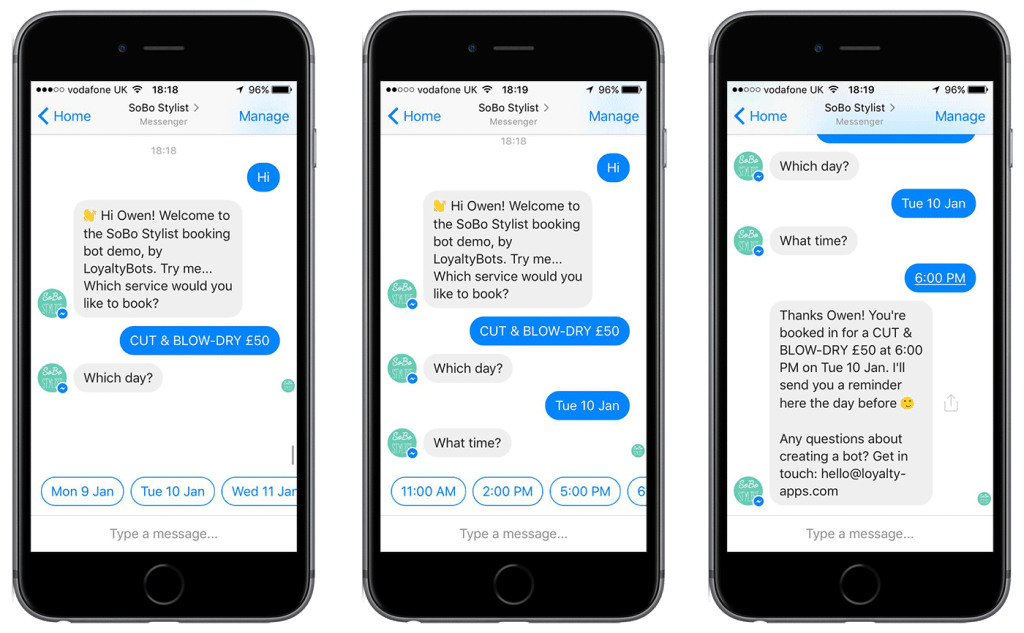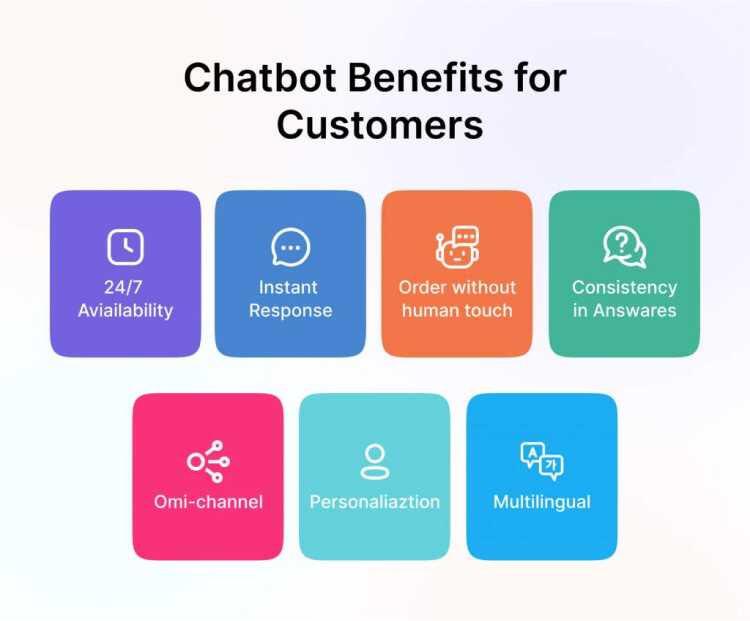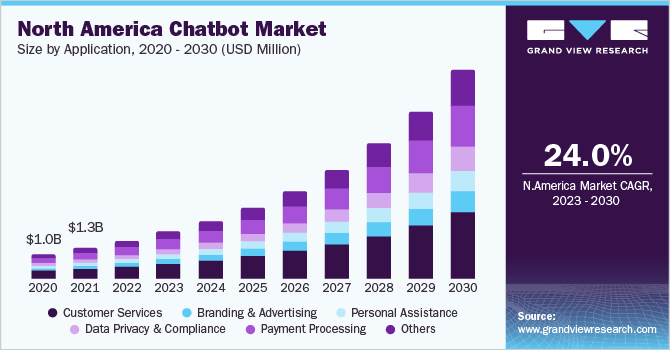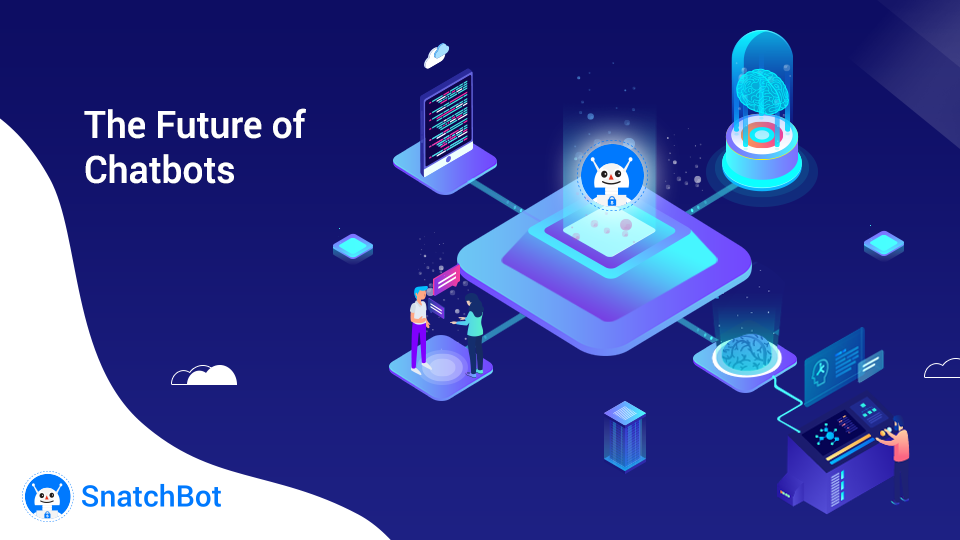1. What are Chatbots?
What are Chatbots? Chatbots are AI-based virtual assistants that can simulate human conversations. Powered by natural language processing (NLP) algorithms, chatbots analyze user queries, understand their intent, and generate appropriate responses. They can be deployed on various platforms, including websites, messaging apps, and voice assistants. Chatbots have become increasingly sophisticated, allowing businesses to automate customer interactions, provide instant support, and offer personalized recommendations.

2. The Benefits of Chatbots in Customer Service
The Benefits of Chatbots in Customer Service Chatbots bring numerous advantages to customer service operations. Firstly, they provide round-the-clock availability, ensuring that customers can get assistance anytime, anywhere. Chatbots also offer instant responses, eliminating the need for customers to wait in queues. Moreover, chatbots are scalable, capable of handling multiple conversations simultaneously without compromising the quality of service. They can reduce operational costs by automating repetitive tasks and inquiries, allowing human agents to focus on complex and high-value interactions. Additionally, chatbots enable personalized interactions by leveraging customer data and preferences, enhancing the overall customer experience.

3. Chatbots in Different Industries
Chatbots in Different Industries Chatbots have found applications across various industries. In e-commerce, chatbots assist customers in finding products, placing orders, and tracking shipments. They provide personalized product recommendations based on user preferences and purchase history. In the banking sector, chatbots handle customer inquiries about account balances, transactions, and financial services. They can even initiate money transfers and help with basic financial advice. In healthcare, chatbots offer symptom assessment, appointment scheduling, and medication reminders. They can provide preliminary medical advice based on input symptoms. In the travel industry, chatbots assist with flight bookings, hotel reservations, and travel recommendations. They can also provide real-time information about flight delays, weather conditions, and local attractions.

4. How Chatbots Enhance Customer Experience
How Chatbots Enhance Customer Experience Chatbots play a crucial role in enhancing customer experience. They offer instant and accurate responses, reducing customer wait time and frustration. By analyzing customer data, chatbots can personalize interactions, providing tailored recommendations and offers. They can remember customer preferences and purchase history, creating a personalized and seamless experience across multiple touchpoints. Moreover, chatbots can proactively engage customers, initiating conversations to offer assistance or provide relevant information. This proactive approach improves customer engagement and satisfaction. Overall, chatbots contribute to a faster, more efficient, and customer-centric service experience.

5. Challenges and Limitations of Chatbots
Challenges and Limitations of Chatbots While chatbots offer numerous benefits, they also face challenges and limitations. One key challenge is understanding complex user queries and providing accurate responses. Natural language processing algorithms may struggle with ambiguous or context-heavy inputs. Emotional interactions can also pose a challenge, as chatbots need to handle user frustrations or complaints sensitively. Maintaining a human-like conversational flow is another hurdle, as chatbots should respond appropriately to different conversational cues and adapt to user preferences. Additionally, chatbots need regular updates and training to keep up with evolving customer needs and business processes.

6. The Future of Chatbots in Customer Service
The Future of Chatbots in Customer Service The future of chatbots in customer service looks promising. Advancements in artificial intelligence, machine learning, and natural language processing will lead to more intelligent and human-like chatbot interactions. Chatbots will become more adept at understanding complex queries, accurately interpreting user intent, and providing contextually relevant responses. They will leverage data analytics and machine learning algorithms to offer even more personalized recommendations and solutions. Furthermore, chatbots will seamlessly integrate with other emerging technologies, such as voice assistants and augmented reality, to provide an immersive and efficient customer experience. As businesses continue to embrace AI-driven solutions, chatbots will play an integral role in transforming customer service operations and driving customer satisfaction.
